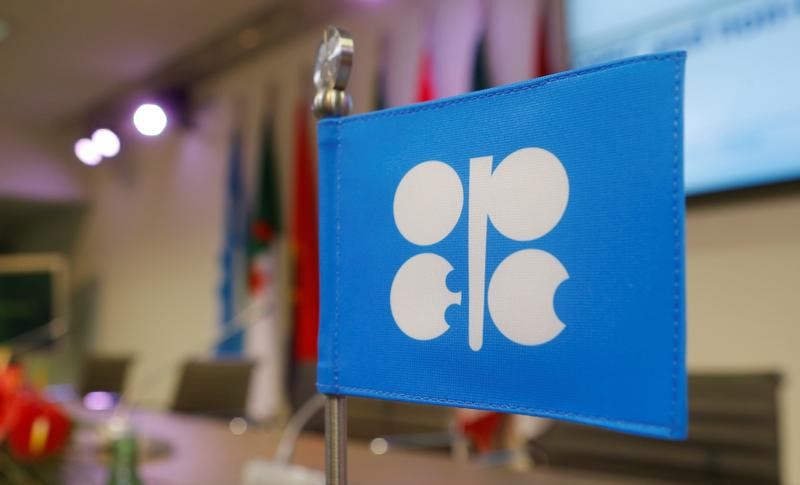By Rania El Gamal and Alex Lawler
LONDON (Reuters) - OPEC has so far surprised the market by showing record compliance with oil-output curbs and could do so further in coming months as the biggest laggards - the United Arab Emirates and Iraq - pledge to catch up quickly with their targets.
The Organization of the Petroleum Exporting Countries has pledged to curb its production by about 1.2 million barrels per day (bpd) from Jan. 1, the first cut in eight years, to boost prices and get rid of a supply glut.
Compliance with output restrictions has often been problematic in OPEC's history but this time the group has delivered reductions amounting to as much as 90 percent of the target in the first month alone.
That prompted the International Energy Agency (IEA) to call it one of the deepest cuts on record.
Iraq and the UAE have delivered smaller portions of their pledged reductions, based on their own figures and OPEC production estimates by government agencies, consultants and industry media.
Still, officials and industry sources say the UAE will try to move closer to its OPEC target in coming months, improving average compliance during the six-month duration of the supply cut rather than focusing on month-by-month performance.
"The UAE is fully committed to the OPEC cuts and is undertaking the necessary measures that will ensure it is fully compliant over the six-month period with the OPEC agreement," the UAE's OPEC governor, Ahmed Al Kaabi, told Reuters in a statement.
The UAE, among the core Gulf OPEC group that traditionally shows high compliance with output agreements, has focused on expanding its production capacity in the last few years, rather than on limiting output.
It doubled the capacity of its Ruwais refinery last year to more than 800,000 barrels per day to feed rising domestic demand.
Oilfield maintenance could also help to push compliance higher. Abu Dhabi National Oil Co has work planned at fields producing Murban and Das light crude in March and May, people familiar with the matter said.
OPEC's average compliance is put by the IEA at a record 90 percent in January, and based on a Reuters average of production surveys it stands at 88 percent.
Top exporter Saudi Arabia cut production by even more than called for in the OPEC deal, helping to push compliance higher, according to its own figures and those of independent analysts.
IRAQ 'RESPECTS' OPEC COMMITMENT
The UAE and Iraq's own figures suggest they have further to go than other big OPEC producers to reach targeted output.
According to data the countries reported to OPEC, while both cut production substantially in January, they did so from higher levels than the supply baselines used in the agreement, meaning that technically they are not complying at all.
Iraq had initially been reluctant to limit supply. In negotiations last year on the supply cut, Iraq argued that it should be exempt due to a need for cash to fight Islamic State militants.
Baghdad also pushed to be allowed to cut production from a higher level than estimated by the secondary sources OPEC uses to monitor its output. Eventually, to get a deal, it accepted a cut from a lower baseline.
Iraq's OPEC peers are privately urging Baghdad to make further reductions, sources say, and there are indications compliance may at least not worsen. Partial export figures for February suggest no increase in shipments, and March allocations were reduced sharply.
"Iraq's allocations in March are low due to OPEC cuts, mainly," a source familiar with the matter said. "Iraq respects its commitment."
The table below is based on OPEC production in January as estimated by OPEC secondary sources, OPEC members themselves, news agencies Reuters and Bloomberg and bank Goldman Sachs (NYSE:GS).

OPEC's six secondary sources are oil-pricing agencies Platts and Argus, the IEA, the U.S. Energy Information Administration, consultancy Cambridge Energy Research Associates and industry newsletter Petroleum Intelligence Weekly.